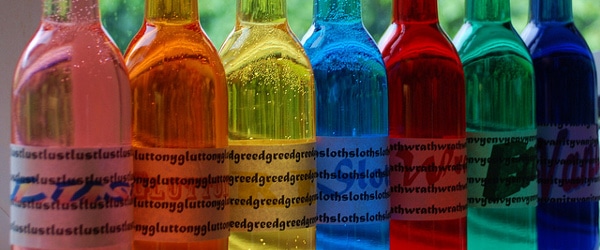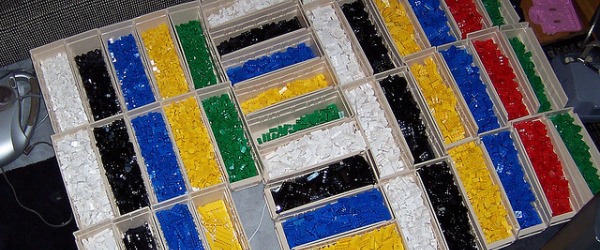The Beginner’s Guide to LaTeX Part 1: LaTeX Document Setup
LaTeX is a powerful document preparation system that can give you beautifully typeset documents. But getting started using it isn’t the most intuitive process. This beginner’s guide gives you easy instructions on LaTeX document setup, layout, and how to deal with common syntax errors.

























